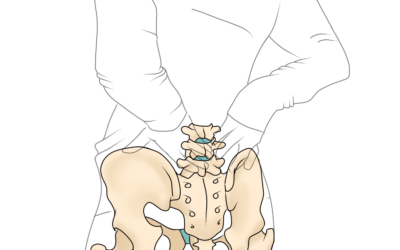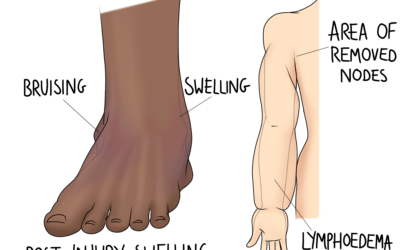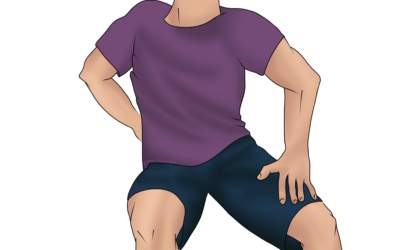WHAT IS THE VAGUS NERVE?
The word ‘Vagus’ means ‘to wander’. So it’s a fitting name for the Vagus Nerve, which wends its way from the brainstem to the abdomen and passes through many of the body’s vital organs on its way.
The longest nerve in the body, the Vagus Nerve is an integral component of the Parasympathetic Nervous System, which helps the body re-regulate following periods of heightened stress and anxiety. It carries anti-inflammatory signals between the brain and vital organs like the heart, gut, lungs, liver and spleen, and is a key player in the body’s in-built ‘rest and digest’ response system.
So it’s pretty important that the lines of communication are kept open at all times.
But what happens when the Vagus Nerve’s ability to function is impaired or restricted in some way?
HOW DO I KNOW IF MY VAGUS NERVE IS IMPAIRED?
Because the Vagus Nerve passes through so many of the vital organs, the symptoms of vagal nerve impairment are wide-ranging and varied. If you suffer from any of the following, it could indicate that your Vagus Nerve is not functioning optimally:
- Regular heartburn
- Digestive issues
- Acid reflux
- Anxiety or depression
- Weight gain
- Migraines
HOW CAN I HELP PROMOTE OPTIMAL FUNCTION AT HOME?
There are loads of things you can do at home to help the Vagus Nerve function optimally. Because it is central to the body’s stress-response system, lowering or limiting stress is one of the most important things you can do to keep the Vagus Nerve working at its best. Anything that helps you relax is going to have benefits in this respect. You could try:
- Regular exercise, while maintaining a strong breathing pattern through your nose
- Undertaking relaxation activities, such as meditation or yoga, while breathing deeply through your nose
- Getting monthly or fortnightly massages to promote relaxation and fluid movement
- Eating your meals in a relaxed environment
WHAT ELSE CAN I DO?
There are small things you can do daily to keep the Vagus Nerve functioning well:
- Activate your gag reflex using your toothbrush
- Gargle with salt water after brushing your teeth
- Practice humming, deep in your throat
- Breathe through your nose, especially at night
- Laugh lots, and often
HOW COULD OSTEOPATHY HELP?
Here at the Good Health Centre, there are lots of things we can do that might help you find homeostasis in your body – and this is going to be key to promoting optimal vagal nerve function. We understand there’s a perfect balance to be found between the sympathetic and parasympathetic nervous systems, and our practitioners may be able to help you find that important equilibrium. If your body is in sympathetic overdrive, we will try and help you re-engage your parasympathetic nervous system, which could help the healing begin. If your parasympathetic nervous system is working too hard, we may be able to help you regulate it.
Potential benefits include:
- Helps manage blood pressure
- Helps with heartburn
- Helps limit digestive problems
- Helps maintain body temperature
- Helps decrease heart rate
- Helps suppress inflammation
- Helps boost your immune system
BOOK AN APPOINTMENT
We have a variety of tools to measure heart rate variability (HRV) which does give an indication to vagal tone. We use visualisation, breathing and biofeedback to improve vagal tone. This particular useful with patients with chronic pain and PTSD. Every patient requires a bespoke approach to improve resilience via accessing the autonomic nervous system. Reducing sympathetic arousal and hyper vigilance and at the same time increasing the parasympathetic nervous system.
Ready to start your journey towards a happier Vagus Nerve? Book an appointment at the Good Health Centre today.



0 Comments